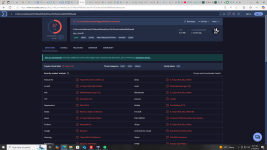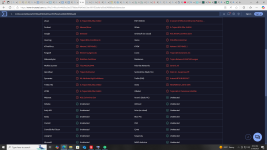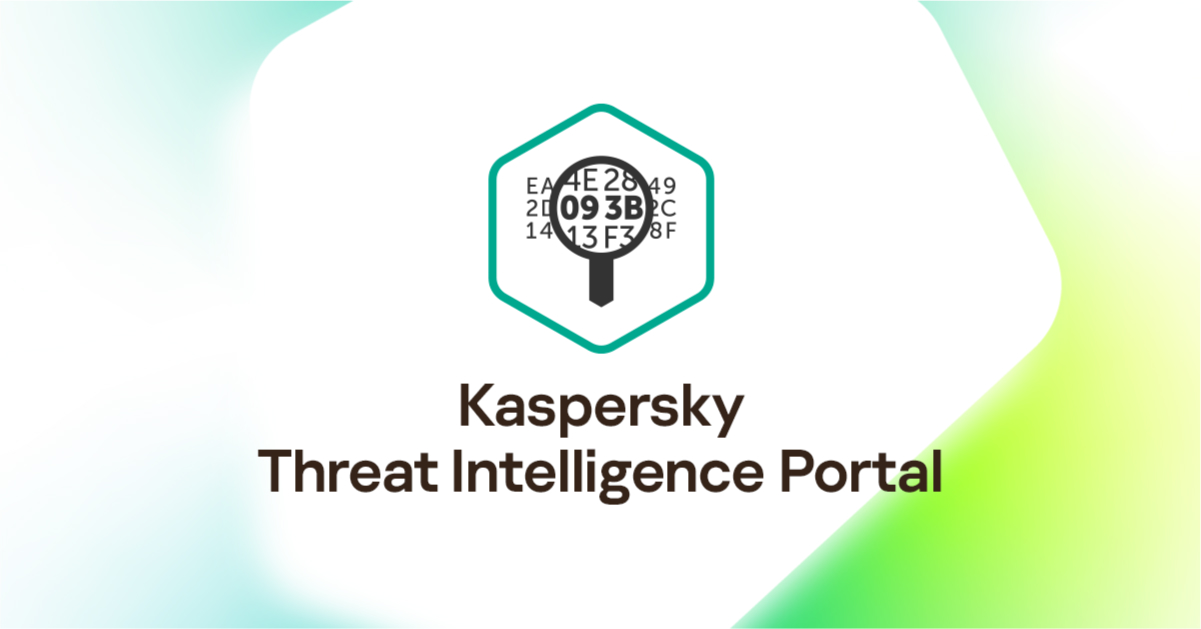- Aug 14, 2024
- 58
This file "app_nhm.dll" was part of NiceHash miner software and was detected by ESET, Bitdefender, and other antiviruses, but Kaspersky didn't detect it at all. Why is this?
I understand that Kaspersky has a reputation for the AV with one of the lowest false positive levels and wouldn't detect any file that doesn't harm the system, yet still, why wouldn't Kaspersky just go along with other brands and call it malicious?
In this case, NiceHash miner is not actually a virus and is a legit, safe mining software that thousands of users used during the crypto mining era, but still AV vendors flag it due to it being a crypto miner nonetheless.
Couldn't this Kaspersky low false positive approach be dangerous sometimes?
Thank you for any feedback.
I understand that Kaspersky has a reputation for the AV with one of the lowest false positive levels and wouldn't detect any file that doesn't harm the system, yet still, why wouldn't Kaspersky just go along with other brands and call it malicious?
In this case, NiceHash miner is not actually a virus and is a legit, safe mining software that thousands of users used during the crypto mining era, but still AV vendors flag it due to it being a crypto miner nonetheless.
Couldn't this Kaspersky low false positive approach be dangerous sometimes?
Thank you for any feedback.






